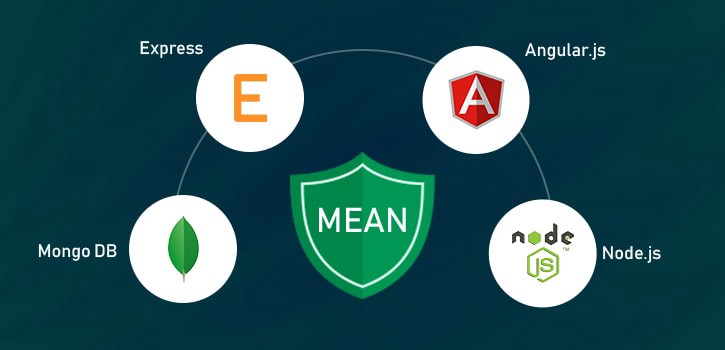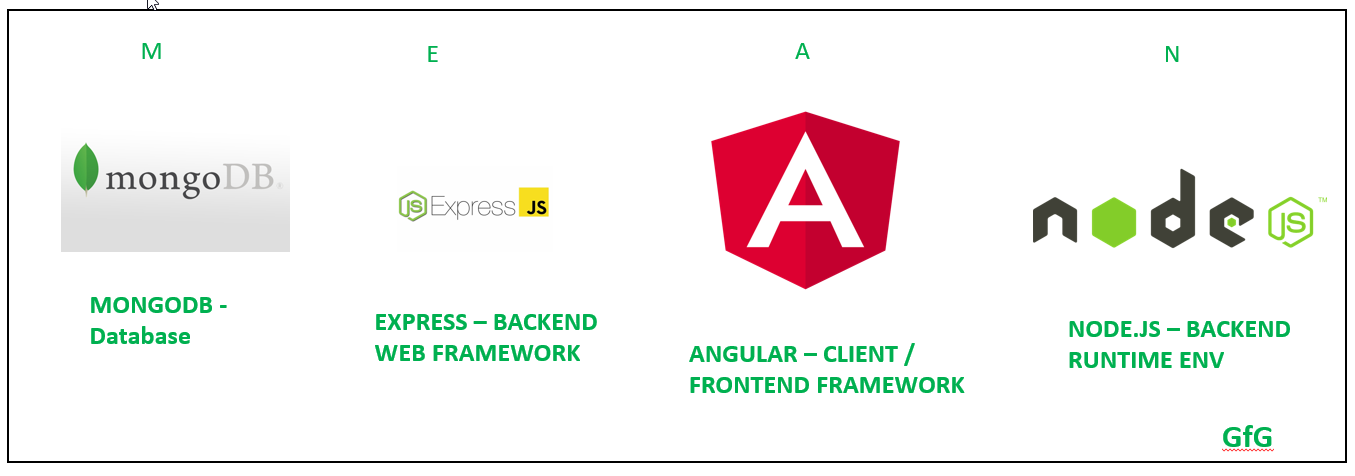Mean Stack
Devlopment Company
The Advancements in information and the expansion of technology are Mean Stack
Let’s Discuss
The MEAN stack is a web application development framework based on JavaScript. MongoDB, Express, Angular, and Node are the four major technologies that make up the layers of the stack, and MEAN is named after them.
.png)
Express.js, which runs on a Node.js server, is the next step down. Express.js describes itself as a "quick, unopinionated, minimalist web framework for Node.js," and it is precisely that. For URL routing (matching an incoming URL with a server function) and handling HTTP requests and answers, Express.js includes strong models. You can connect to Express.js functions that power your application by sending XML HTTP requests (XHRs), GETs, or POSTs from your Angular.js front end.
If your application stores any data (user profiles, content, comments, uploads, events, etc.), then you’re going to want a database that’s just as easy to work with as Angular, Express, and Node. That’s where MongoDB comes in: JSON documents created in your Angular.js front end can be sent to the Express.js server, where they can be processed and (assuming they’re valid) stored directly in MongoDB for later retrieval..

With a cross-platform write-once approach, MEAN apps can be used in a variety of ways. MEAN is most suited to real-time applications, particularly those that run natively in the cloud and single-page (dynamic) web apps developed in Angular.js, but it can also be utilised for other scenarios, such as: